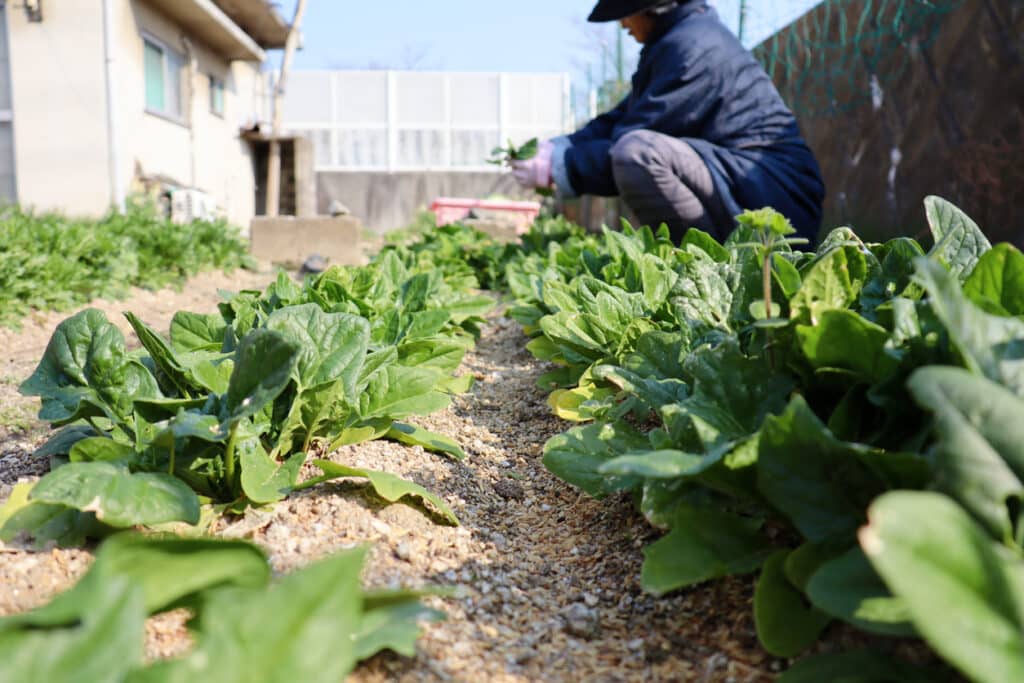
Most of the public is not overly concerned about the foods they eat every day. People rarely stop to think where their food comes from, how far it traveled to get to them, and under what conditions it was shipped. The food on your plate may have traveled as many as 1,500 miles before it gets to you. For much of the year, most produce is grown either in the southern regions of the United States or abroad. That fresh spinach in your salad is very possibly a world traveler. This is why maintaining cold chain integrity is so important for public health.
News articles about food recalls focus on contamination – E. Coli, Salmonella, Listeria, and others – at the point of origin so the public believes that that the food was unsafe already when it was picked, bagged, or processed. It’s quite possible, however, given the complexity of the supply chain, that the contaminated spinach, eggs, or walnuts were fine when they were loaded onto the first truck and spoiled somewhere in transit.
Proper procedure and proper equipment are crucial for every loading dock that ships or receives food. Every company in the food supply chain has a responsibility to maintain both cold chain integrity and protect food from exposure to pests.
Maintaining Cold Chain Integrity
Refrigerated food is at risk at the loading dock due to both employee and equipment failure. Food is exposed to both temperature and the elements when the security seal on the trailer doors fails. If there are gaps in the dock station perimeter, environmental requirements for safety will not be maintained and the changes in temperature and humidity will have an unpredictable effect on the food in transit. Similarly, if the food is left sitting out either on a truck or inside the warehouse, this is safety issue.
Pests such as insects and bugs are also a problem with an insecure loading dock station. Tiny breaches in external door seals can create disastrous problems for food safety. This is why many regulatory organizations require all openings to be close fitting or pest proofed to less than .25 inches or 6 millimeters. Small cracks or white space may not seem like much of a problem because they are hardly visible – but neither are many insects…or Salmonella.
If you would like to discuss options for improving loading dock safety and performance or better maintaining the temperature in your facility, Beuschel Sales has both the knowledge and the equipment to make that a reality for your company. Due to economies of scale for food production, small problems can make for enormous expenses for producers, consumers, and transporters. Make sure your facilities are up for the challenges food shipping entails.
